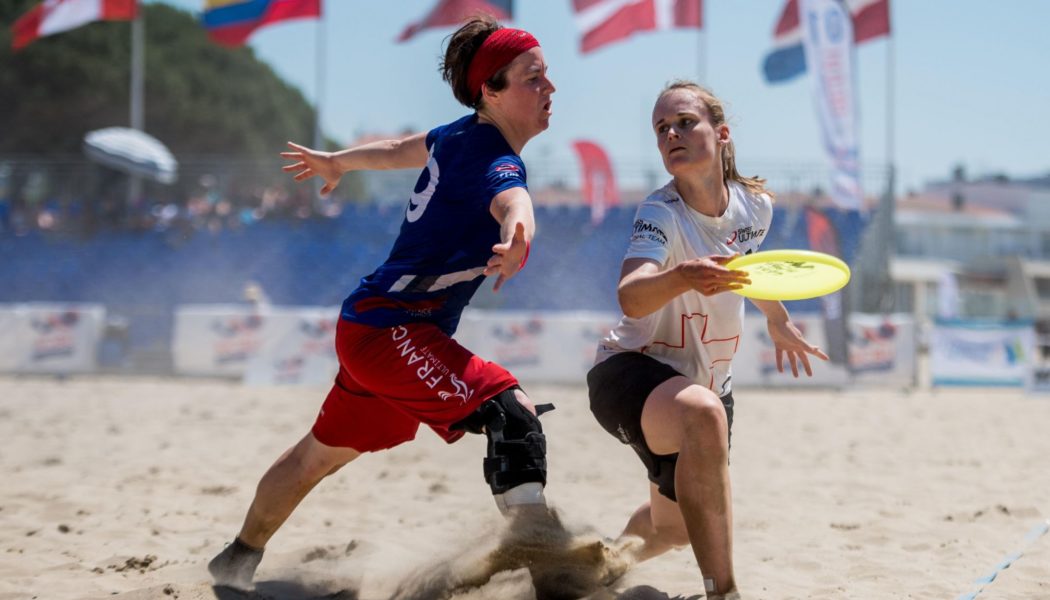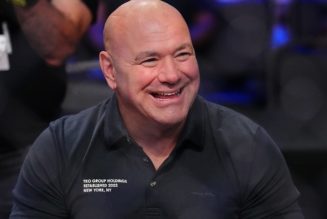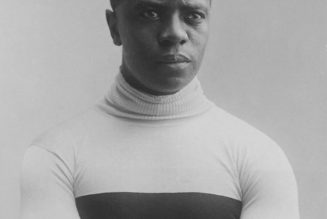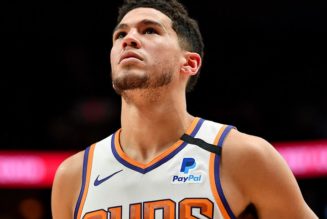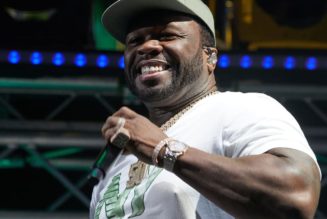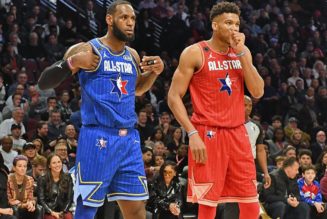“Change or be changed.”
After succeeding Jacques Rogge as IOC president in 2013, Thomas Bach was forthright in his assessment of what the Olympic Games needed to do to stay relevant.
For all that London 2012 reached a record-breaking global audience of 3.6 billion, the IOC had concerns. Interest from the 18-24 demographic was waning. It was a trend that could not be ignored.
In December 2014, Bach launched his Agenda 2020, outlining 40 proposed reforms for the Games. “In our world – changing faster than ever – the success of yesterday means nothing for today,” warned the president at the 127th IOC Session in Monaco. “If we do not drive these changes ourselves, others will drive us to them. We want to be the leaders of change, not the object of change.”
In the hope of injecting the Games with digital-age dynamism, Bach opened the door to new sports that would attract younger eyeballs. He suggested an event-led Olympic programme structured around 10,500 athletes, with Olympic hosts offered the chance to nominate events that would resonate with a local audience.
When his proposals were unanimously approved, a swaggering posse of fast-growing sporting federations sensed an opportunity to propel themselves into the mainstream.
Bach closed his address by quoting Olympic founder Pierre de Coubertin, “Courage and hope! Charge boldly through the clouds and do not be afraid. The future belongs to you.”
But for those ambitious fringe sports yearning to reach sport’s Olympic peak, what would it take for those clouds to clear?
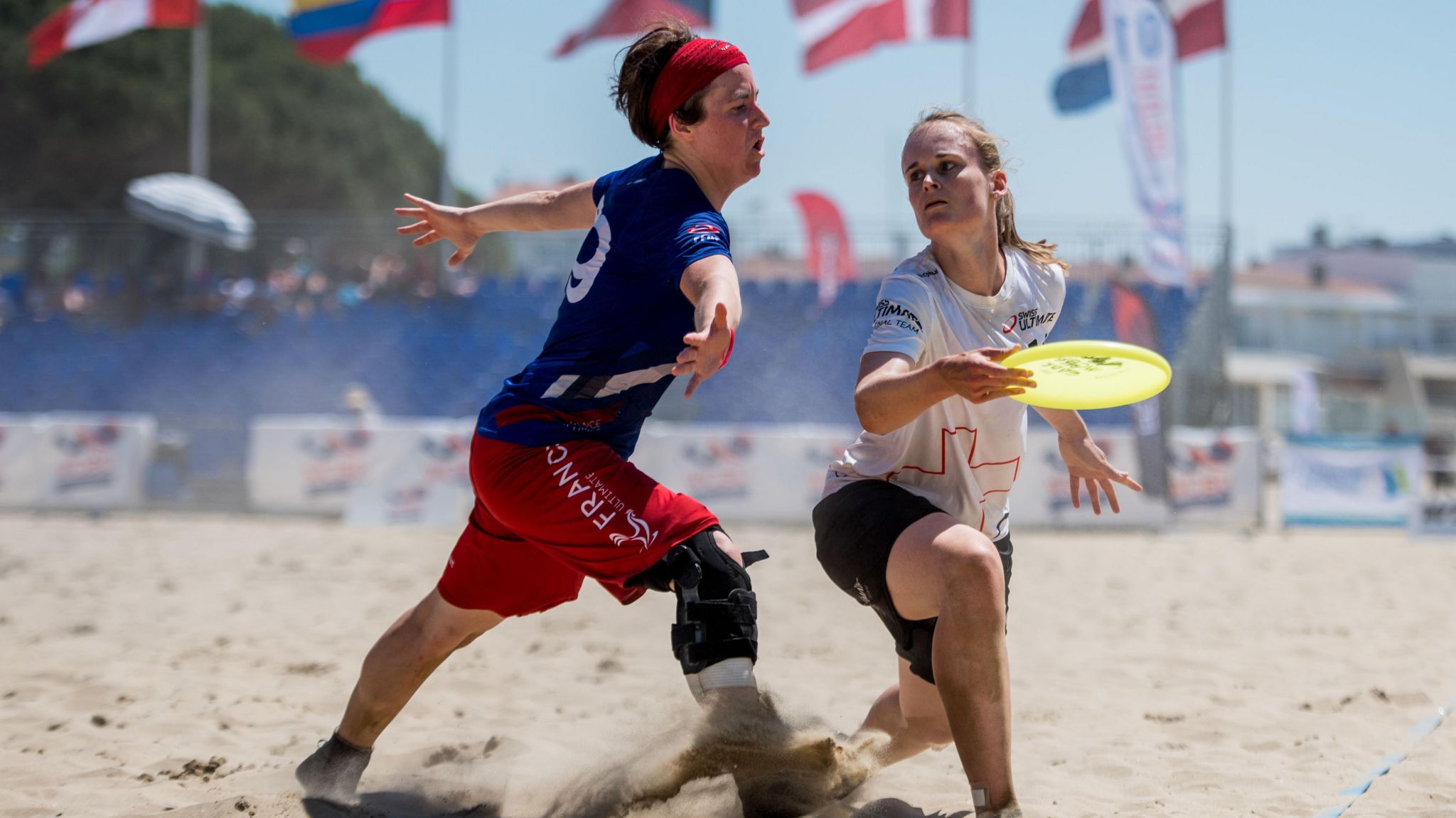
Every sport has its origin story, but only one began life as a pie.
In the early 20th century, not long after Pierre de Coubertin relaunched the modern Olympic Games, Yale students noticed that their local pie tins zipped through the air like flying saucers. This quirky throwing trend spread throughout Connecticut’s university scene as the Frisbie Pie Company discovered they’d inadvertently conceived a popular pastime.
Decades later, when carpenter Fred Morrison realised he could buy a cake pan for five cents and sell it on a Californian beach for a quarter, it was only a matter of time before the USA’s entrepreneurial verve took this leisure activity to new heights.
Today, the World Flying Disc Federation (WFDF) oversees national associations in 107 countries, with an estimated 10 million players worldwide. Trademarks mean you’ll not see the word Frisbee used officially – toy company Wham-O bought the rights from Morrison in 1957 before subtly altering the spelling – but flying disc disciplines include disc golf, freestyle, and ultimate.
The latter, a seven-a-side team sport that blends elements of American football, basketball, and soccer, has been a staple of the World Games – the quadrennial showcase for non-Olympic events – for more than two decades.
Robert ‘Nob’ Rauch, president of WFDF (affectionately referred to as ‘wiffdiff’), is in no doubt as to ultimate’s next logical step.
“We are brilliantly designed for the Olympic Games,” he explains from his new home in Cologne.
Having recently retired from a career in international finance to pursue a PhD in sport management, Rauch hopes to navigate a route to the Olympics for the sport he fell in love with as a Massachusetts freshman in 1976.
“We have gender equality,” he says. “Our co-ed division, which we feature at the World Games, works well. It’s a legitimate division, it’s not something we’re making up to satisfy an expectation. The sport is interesting to youth. And you can come up with highlight films easily.”
Rauch keeps a close eye on IOC literature. The latest Olympic guidance references “new trends in the way sport is performed and consumed” and champions global solidarity amid a turbulent geopolitical climate.
“We talk about the spirit of the game,” adds Rauch. “If you go back to Baron de Coubertin, his idea was sportsmanship, of respect, of a cessation of hostilities. We believe our sport brings all this to the table.”
Leila Denniston has represented Great Britain in ultimate since 2016 and is convinced it is the perfect fit for a modern-day Olympics.
“We’re now in an era where we’re trying to dismantle a lot of these gender differences like the pay gap,” she says.
“So why would we not shine a spotlight on sports that are microcosms of the real world? What I love about ultimate is that mixed isn’t combining two things. Ultimate is mixed, at its core.”
As well as the mixed-gender division that has been at the heart of the sport since its birth in 1968, ultimate has a unique stance on referees: it doesn’t need them. Instead, players on the field must call fouls. If a mutual decision isn’t agreed, the game resumes from the previous play.
British ultimate veteran Tom Abrams, who took up the sport at college in 2005, believes it reduces the amount of cheating. “It’s not perfect, but no refereeing system is. As a competitor, you want to win. But as a referee, your job is to be objective. It works most of the time. I’ve played from grassroots level all the way to the World Games, and it forces a level of respect and trust between teams.”
Rauch attributes the concept to the counter-cultural new games movement of the 1970s. Or as he remembers it, “let’s all sing Kumbaya together and play nice”. He believes it is a great example of the Olympic spirit in action.
“It’s truly remarkable how well it works,” he says. “A lot of schools like to use ultimate as a conflict resolution tool. If you disagree, talk it out.”
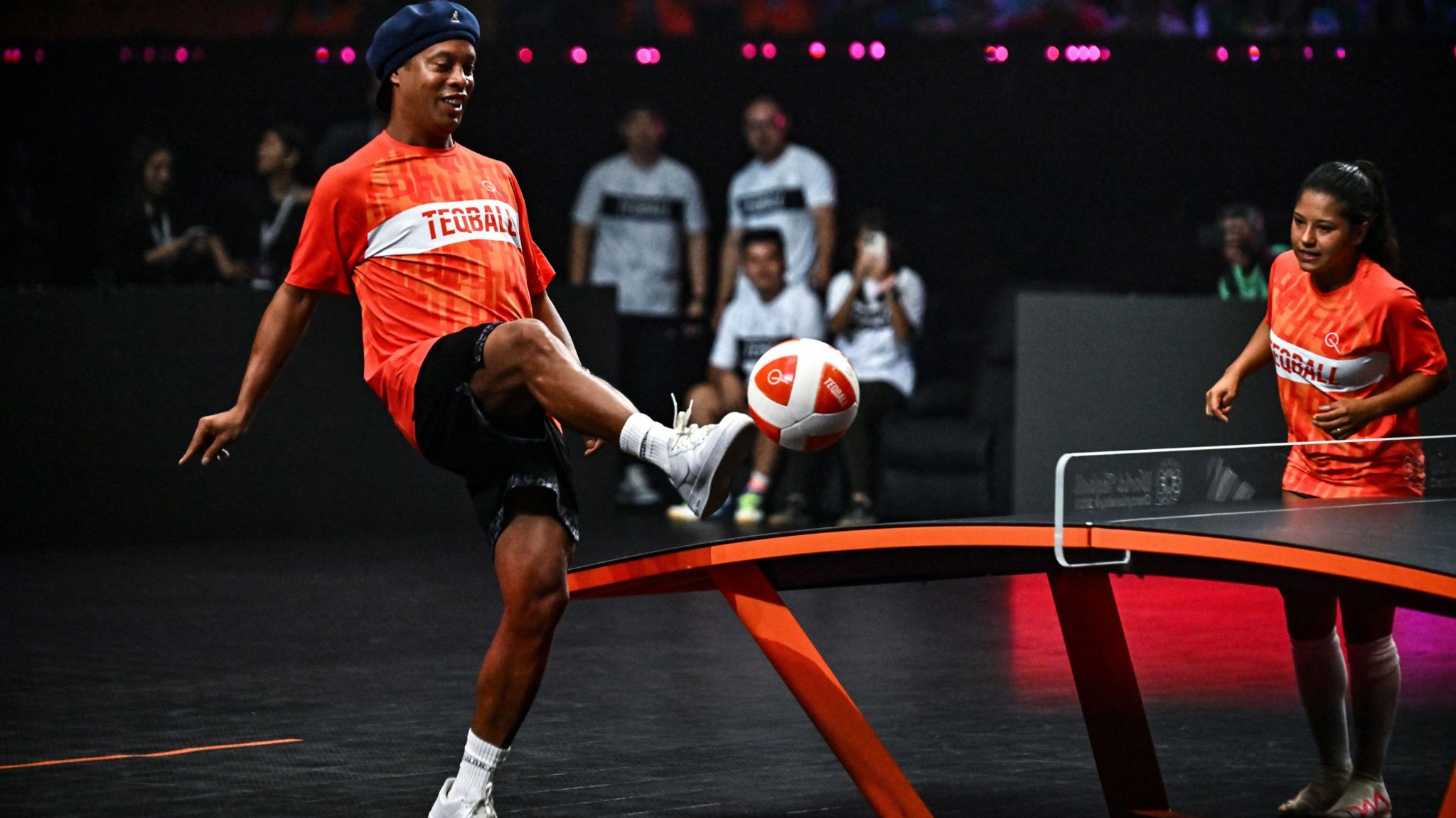
In November 2023, Dr Viktor Huszar was in Bangkok preparing for the world championships in a sport that began in his garage.
The clearest sign of teqball’s rapid growth wasn’t simply that Huszar, the chairman and co-founder of governing body FITEQ, was attending the sixth edition of the championships. It’s that he was accompanied by Ronaldinho.
The cheery Brazilian great has been an ambassador for teqball since it was first showcased in the sport’s birthplace of Budapest in 2016. Launched by Huszar and fellow Hungarians Gabor Borsanyi and Gyorgy Gattyan after three years of development, teqball is a football-based sport that combines elements of table tennis and sepak takraw (foot volleyball).
Computer scientist Huszar designed the patented teqball table following a suggestion from Borsanyi, his neighbour. “One day he just sat me down and asked: ‘Why don’t we curve a ping pong table, so that we can keep playing football?’”
A keen footballer who saw it as a way to reduce the risk of injury as he got older, Huszar began working on a prototype. “We started to play teqball in the garage and we invited football fans and players, including older Hungarian national players. Everyone kept saying: ‘Wow, this is great.’”
Action-packed rallies feature overhead kicks, acrobatic volleys, and a dizzying array of tricks to return the ball over the solid Plexiglass net. As the name suggests, the game requires elite ball-control technique, which explains in part why Huszar’s tables have become training ground furniture at professional football clubs all over the world.
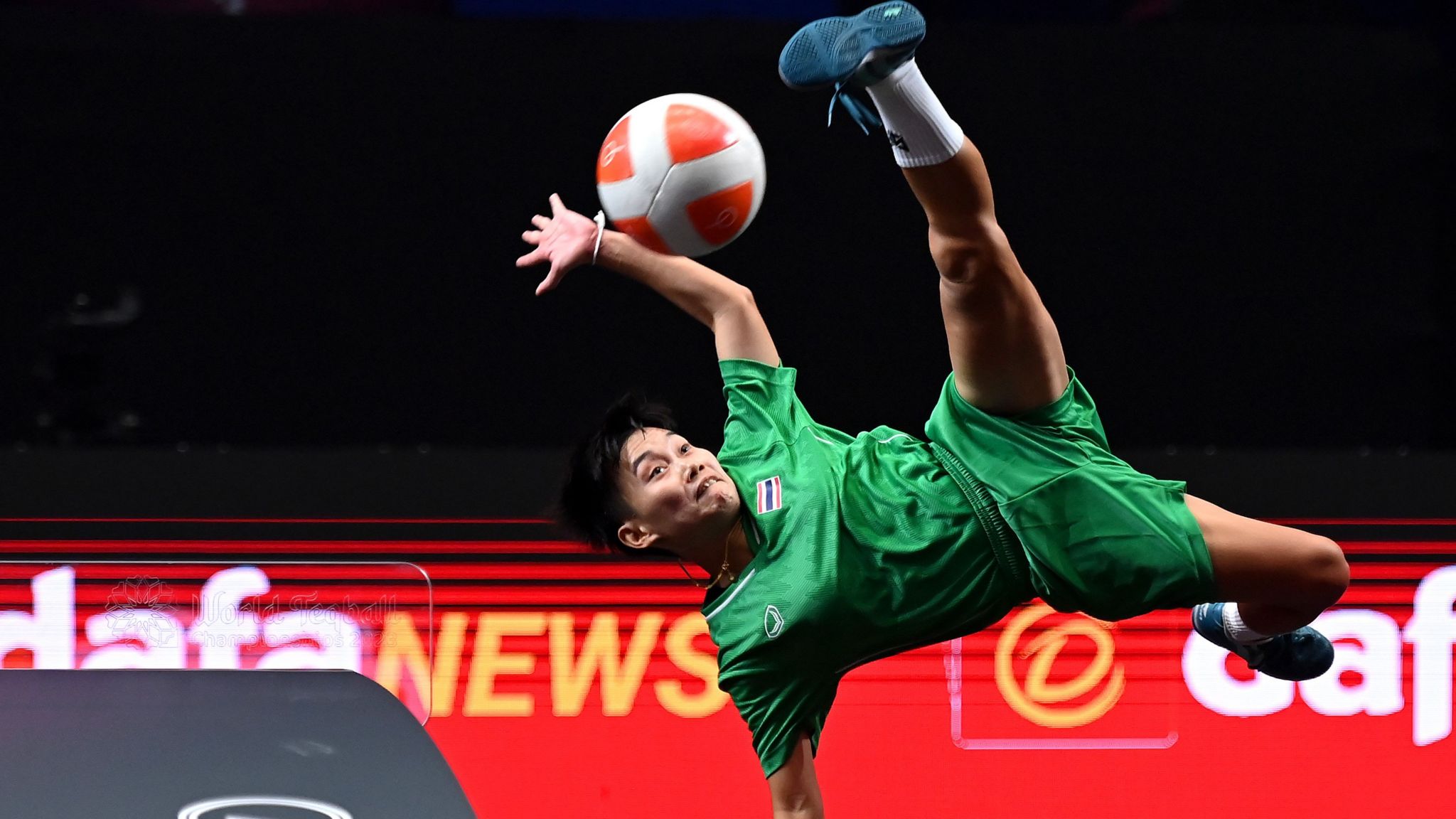
The other reason for its rise has been the founders’ leveraging of football’s biggest names to fast-track their sport. After less than a decade in existence, FITEQ believes that around one million people are playing informally in parks and on beaches, with 10,000 involved semi-professionally.
Huszar sees professionalisation as the next step, believing that there is a home to be found within international multi-sport clubs such as Barcelona, Paris St-Germain and Bayern Munich. But while he dreams of a future “teqball clasico” between Barca and Real Madrid, Huszar can also see the day when those famous five rings are emblazoned on a teqball table.
“The IOC is driven by youth appeal,” he says. “They’re trying to bring in these younger urban sports and teqball fits perfectly into this concept.”
Teqball’s slick social media presence suggests a thriving following among the IOC’s target demographic. Its 2.9m followers on TikTok watch spirited rallies in the plush back gardens of 11-a-side superstars such as David Beckham, Neymar and Lionel Messi. The sport has made it on the bill at several multi-sport events under the IOC’s umbrella, including the European Games, the African Beach Games and the Asian Beach Games.
“Thanks to all these famous footballers and social media, we got good international exposure,” says Huszar. “But if someone has a different idea with a sport which doesn’t have the base popularity, which in our case is football, it’s going to be very challenging and take a long time for new sports to rise.”
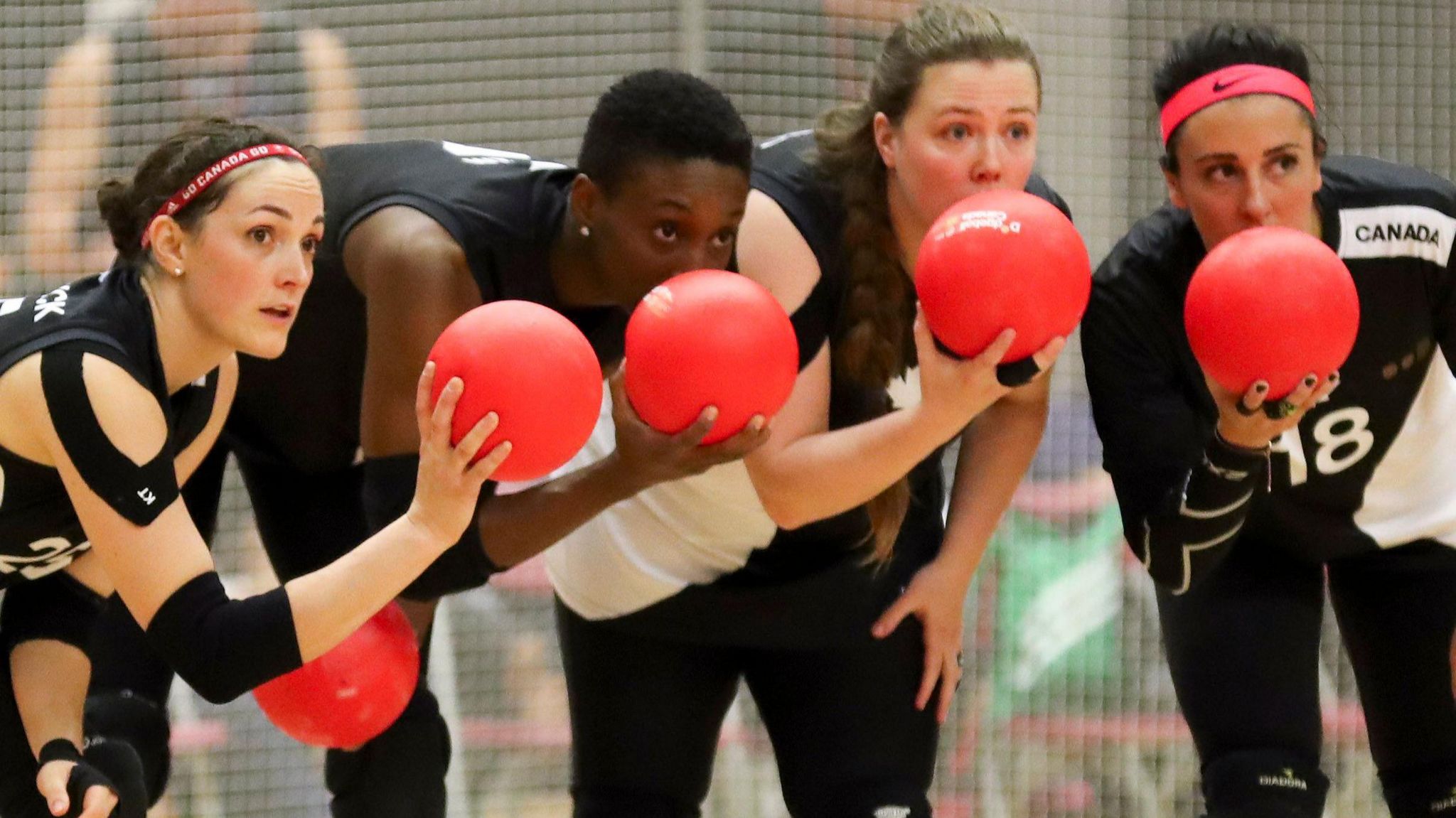
World Dodgeball Association (WDA) president Tom Hickson doesn’t have a glittering array of celebrity endorsements promoting his sport. Sure, there was a hit Hollywood movie in 2004 that prompted a flurry of interest, but it’s hard to say whether a spandex-clad Ben Stiller did more harm than good for the perception of dodgeball.
Hickson was pleased with the exposure. “When we first started, the key question was how serious the sport was because of the association with the movie. There’s nothing wrong with that – it gave the sport huge global coverage. It was a comedy, so any time I mention the word dodgeball, everybody smiles, and therefore you’re always on to a positive conversation. Which is brilliant.”
But 20 years after Vince Vaughn espoused the five Ds of dodgeball (dodge, duck, dip, dive, and… dodge), Hickson is aware that getting the sport in the Olympic conversation is strictly serious business.
“There are many sports out there that are much older than dodgeball that haven’t achieved Olympic status – it’s not something to be taken lightly,” he says.
Whereas teqball’s growth is attributed to a top-down strategy that began by wooing football’s elite, dodgeball shares more similarities with ultimate. Its grassroots can be traced to an open-minded student scene attracted to the social benefits of a mixed-gender activity.
Hickson says that more than 67.5 million people are playing dodgeball globally, and it is especially popular in schools. “We pride ourselves on being the most accessible sport in the world. It’s extremely low cost to play,” he says.
“As children, everybody practises throwing and catching, and dodging to an extent. You can play the sport anywhere, whether it’s in the park, in the street, or in a leisure centre.”
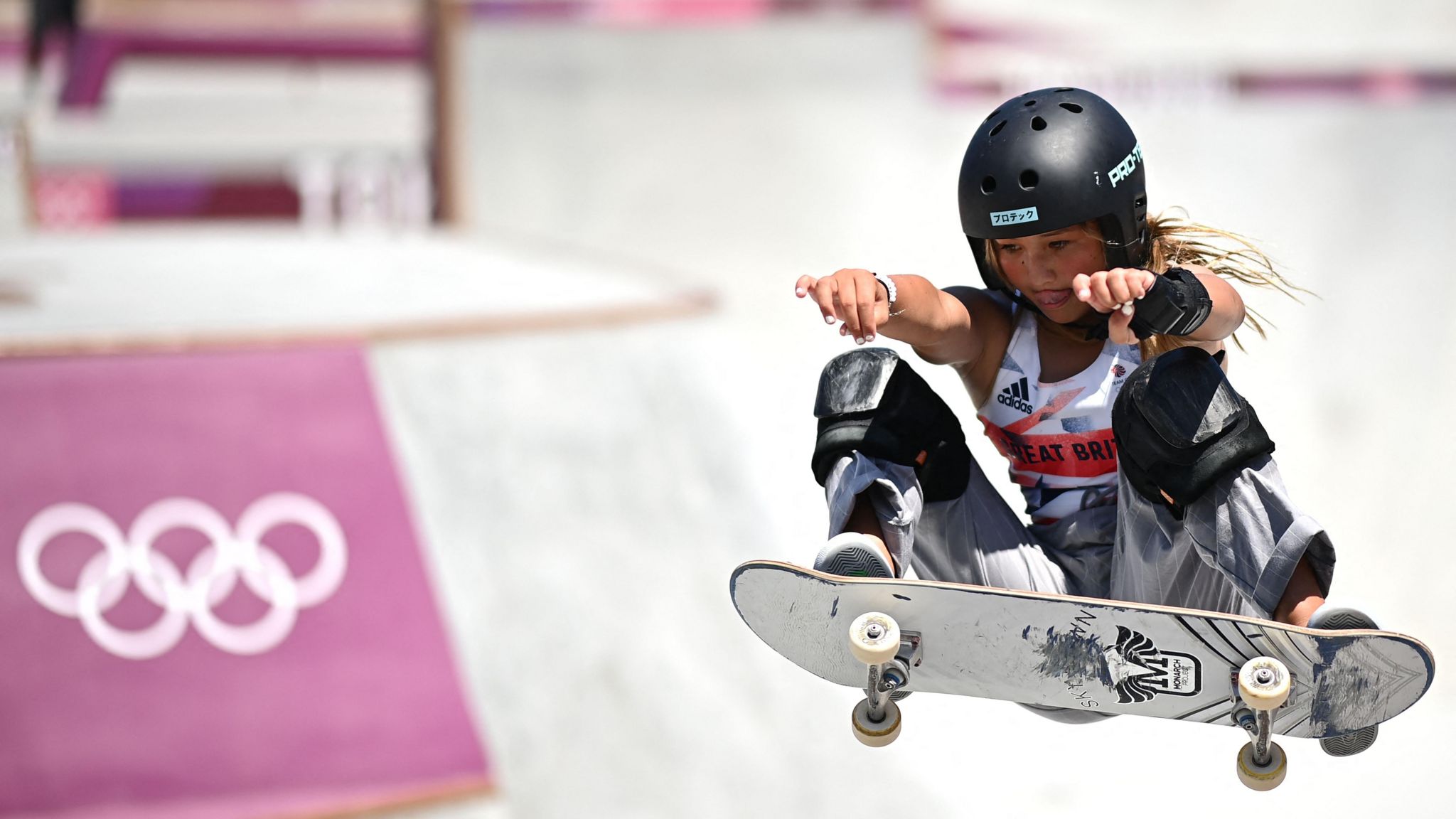
While the continued evolution of ultimate, teqball, and dodgeball shows promise, the path to Olympic acceptance is long.
“To become recognised, we have some fairly strict criteria in terms of minimum number of national federations across different continents,” explains IOC sports director Kit McConnell.
“We look very closely at how the sport has developed. Does it have a clear world championship? Does it have regional championships? How many countries have national championships and development schemes? How many athletes are playing around the world? Does it have gender equality?”
While dodgeball’s WDA and teqball’s FITEQ are yet to be recognised by the IOC, ultimate’s WFDF received the coveted endorsement in 2015. But this is only the first step. There are around 40 international federations recognised by the IOC that aren’t represented at a summer or winter Olympic Games. World Netball, for example, took nearly 20 years of lobbying to earn its IOC recognition in 1995, but is still to make its Olympic bow nearly 30 years on.
Describing a balance between tradition and innovation, McConnell outlines what an Olympic sport should look like.
“In terms of what makes a sport Olympic, we have a lot of different considerations. The first is that it’s universal, that there is a huge amount of international participation,” he says.
Creating a programme of Olympic sports that appeals to every area and age group is also a defining factor.
“We’re looking for sports to bring in new communities and new popularity of different types, from community-based sports like skateboarding, surfing, and sport climbing, to others like cricket, which has a truly global and incredibly large following, not only in the subcontinent but around the world,” says McConnell.
Credibility is vital too. This translates to high standards of athletic performance, clear scoring and judging systems, and governance benchmarks that include anti-doping and anti-corruption measures.
“Any event that comes into the Olympic programme has an Olympic gold medal at the end of it, which is equal to every other Olympic gold medal,” McConnell adds. “Be it the 100 metres, be it the marathon, be it the basketball finals. They come in with full equality into the programme.”
For sports desperate to make the grade, the journey can be daunting, frustrating, and heartbreaking. But for the advantages that an Olympic platform provides – including unparalleled global exposure and the possibility of unlocking significant development funding – it remains a worthwhile pursuit.
And, as a result of the new privileges afforded to Olympic hosts, there are recent success stories.
In Tokyo, three of the sports nominated by the hosts – sport climbing, surfing, and skateboarding – performed so well on debut that the IOC promoted each to its core programme for future editions.
“They all had a big positive impact,” says McConnell. “In terms of the audiences that they brought in, particularly on a youth demographic, we saw that with the numbers that came through. It’s no coincidence that they will be in Paris this year as well.”
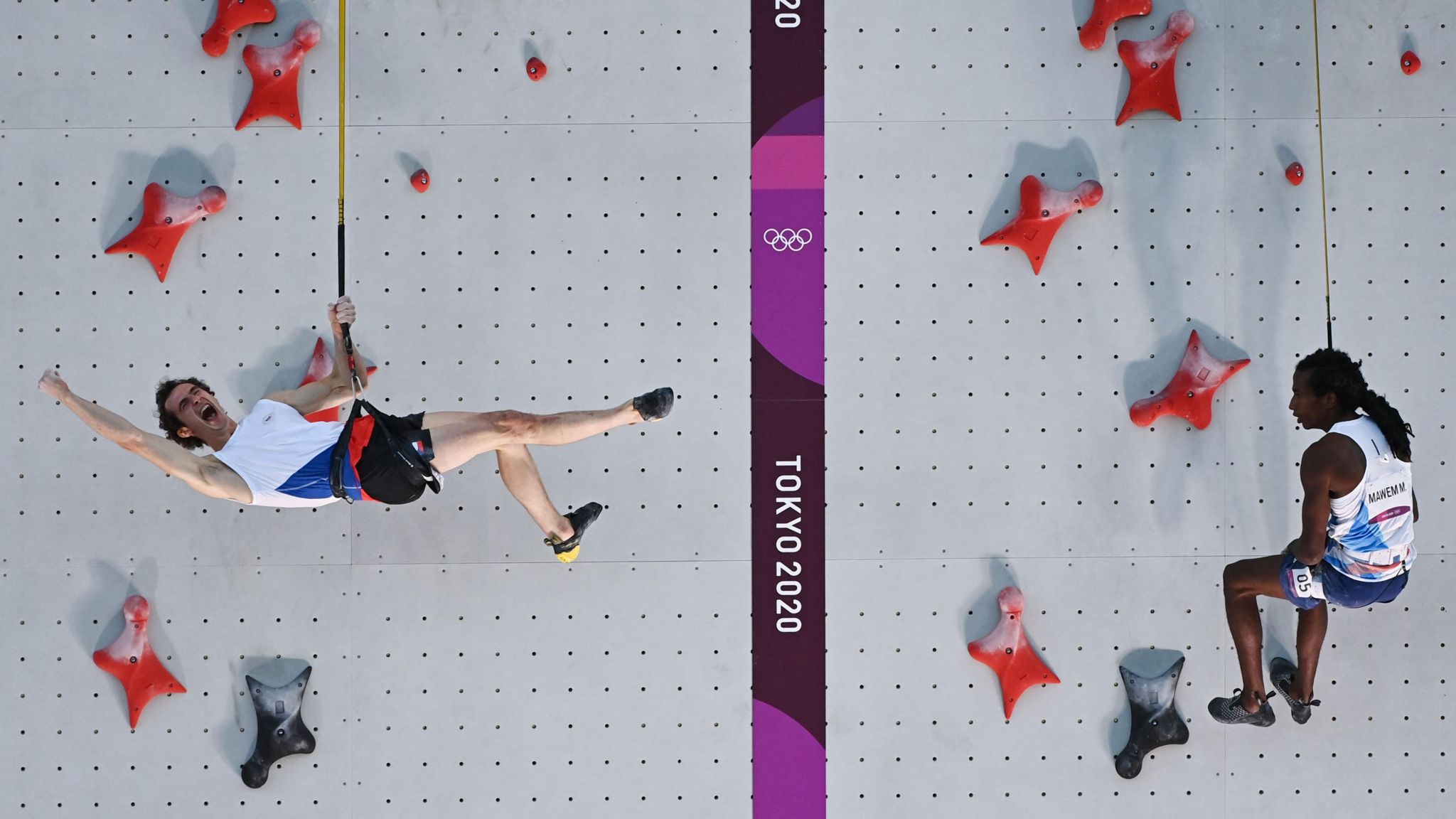
For the International Federation of Sport Climbing (IFSC), Olympic status represented the peak of a remarkable ascent. Founded in 2007, the IFSC emerged from the International Climbing and Mountaineering Federation (UIAA) following disagreements about the future of competitive climbing, and whether it could be an organised sport rather than a social pastime.
IFSC President Marco Scolaris admits that he was initially unsure. “I was reluctant in the beginning,” he says. “But I changed my mind because I thought that, as a sport, it can be a powerful social tool. If climbing changed my life for the better, then why not give climbing to the world? Many of my friends didn’t follow this path. We are still friends but we simply see things in a different way.”
For those that did join Scolaris – an initial 57 member federations, now 99 – there was one goal in mind. “The Olympic Games became important because this is where you get the highest possible visibility,” he says. “If you want to use sport as a social tool, then you need the stage.”
Scolaris attended the Games in Beijing in 2008 to get a measure of the standards required. “I watched all the sports to see whether we deserved a place,” he says. “Everybody seemed so much better than us, better organised. I said: ‘We have no chance, or we work hard.’ And maybe we come back in 10 years and we ask again.”
At the IOC Session in 2016, sport climbing was confirmed as an additional sport for Tokyo. But with only one medal on offer, Scolaris proposed a compromise that proved unpopular with his athletes. The competition would combine three disciplines: lead climbing, bouldering, and controversially, speed climbing. While the first two share similar skill sets, speed climbing is typically practised by specialists. Disgruntled climbers compared it to asking a 1500m runner to enter the 100m.
Scolaris, describing the dissenters as “friendly fire”, saw it as a short-term sacrifice for a long-term win. “The speed climbers had to train for the two other disciplines,” he says. “And climbers from the two other disciplines had to train for speed, which they saw as sacrilege. But this was the only way to get into the Olympics.”
Vindication didn’t take long to arrive. This summer in Paris, sport climbing has been allocated an extra medal, allowing speed climbing to emerge on its own. “It was difficult, but in life sometimes you have to compromise to make progress,” says Scolaris.
Breakdancing (officially known as breaking) is the French addition to the programme in Paris, which will be the first Olympiad to achieve gender parity among its athletes. Set in the iconic Place de la Concorde to a soundtrack provided by live DJs, the dancesport discipline will join a lively urban hub alongside BMX freestyle, skateboarding and 3×3 basketball.
For Los Angeles 2028, the Americans have opted for the return of baseball/softball, cricket (last featured in 1900) and lacrosse (ending a 120-year absence). Squash – after a decades-long campaign – will finally make its first Olympic appearance. So too will flag football.
For Pierre Trochet, it represents the fulfilment of his father’s prophecy. Now the president of the International Federation of American Football (IFAF), Trochet grew up near the American NATO base in the small French city of Chateauroux and was introduced to gridiron by a Green Bay Packers-mad dad.
“His excuse for bringing me into the field was that by the time I grew up, American football would be in the Olympics,” remembers Trochet, who played 25 years as an offensive lineman and quips that he “never touched the ball once”.
One of the appeals of flag football, in addition to the reduced physical contact, is that all players enjoy possession of the ball. From a fan’s perspective, the absence of helmets also provides a closer connection to athlete’s emotions and personalities.
Full-contact American football was a demonstration sport when Los Angeles first hosted the Games in 1932, before its near century-long disappearance from the Olympic stage. Trochet has no interest in another short-lived cameo.
“This is not a one-and-done,” he says of flag football’s LA 2028 appearance.
“We are aiming to stay on board with the Olympic movement. Historically speaking, flag football was always the football-for-all version of the game.”
Flag football’s five-a-side line-ups mean trimmer rosters compared to the swamped sidelines of tackle football, making for a more compelling case given the IOC’s intention to streamline athlete numbers.
But the most persuasive element of its pitch was the powerful presence of the NFL with its commercial might and Gen-Z pulling power.
Super Bowl champions Patrick Mahomes, Travis Kelce and Tyreek Hill have already put their names forward for a potential United States dream team in 2028.
McConnell sees it as proof of the enduring allure of the Games. “It’s hugely important even in sports like basketball, with the guys that have won multiple NBA championships, the tennis players that have won multiple grand slams, and in football where we see some of the biggest names talking about their hope of playing in Paris this year.
“It’s important for us to protect that and celebrate that, because we think the Olympic Games are still the pinnacle of sport. To showcase these athletes, not only in a sporting sense, but as Olympians.”
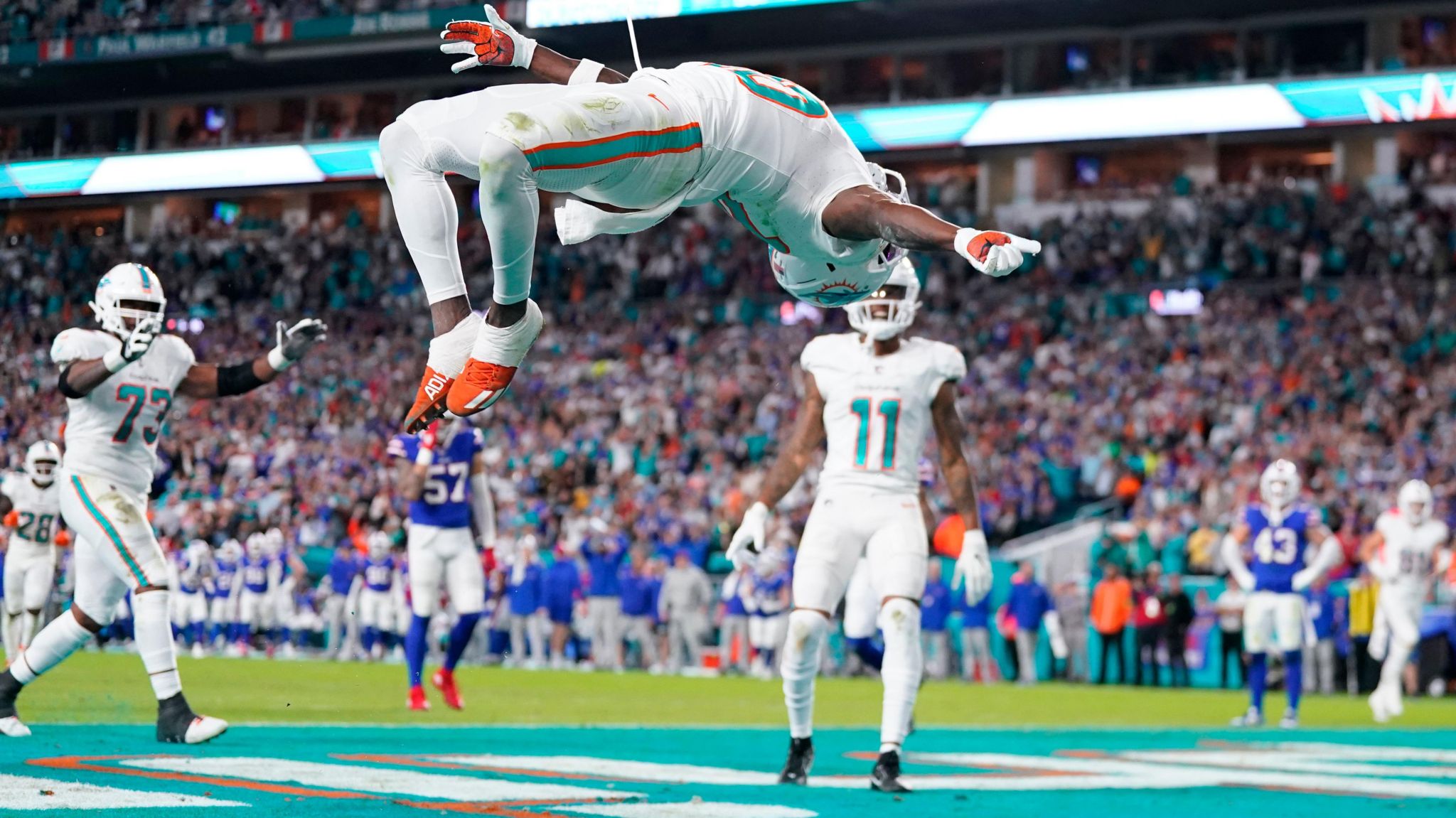
Eight-time squash champion Nicol David once said that she’d swap all of her world titles for Olympic gold. Now retired, she will not get the opportunity in 2028. Huszar wants his teqballers to avoid similar regrets when he speaks of them “living the Olympic dream”.
Hungary’s Csaba Banyik is ranked number one in both the mixed and men’s teqball doubles, but his career remains self-funded. For him, pragmatism beats prestige in his desire to become an Olympian.
“When the top five players are only semi-professional, it’s not good for the sport,” he says. “We need more competitions, more prize money, better conditions. This is why the Olympics is the biggest dream.”
While Banyik jokes that he may need to be content with being a pioneering “teqball Puskas”, ultimate’s leading players have more humble Olympic aspirations.
“To be an Olympic athlete takes a lot,” admits Denniston, remembering a recent concussion that kept her off the field for three months. “Currently, the fact that ultimate is amateur allows me to have balance in my life – have a job, think about having a family, maintain relationships and friendships.”
Abrams, approaching 20 years in the sport, offers an honest appraisal of his own prospects. He says: “From a personal level, if ultimate was played by two million people in the UK, I probably wouldn’t be at the top of the sport.”
“But if ultimate got to the Olympics I would try my best to be playing. In 2032, I’ll be 43. For me to still be going would be awesome for me personally, but I’d also be a bit sad that Great Britain hadn’t got someone better than a 43-year-old me.”
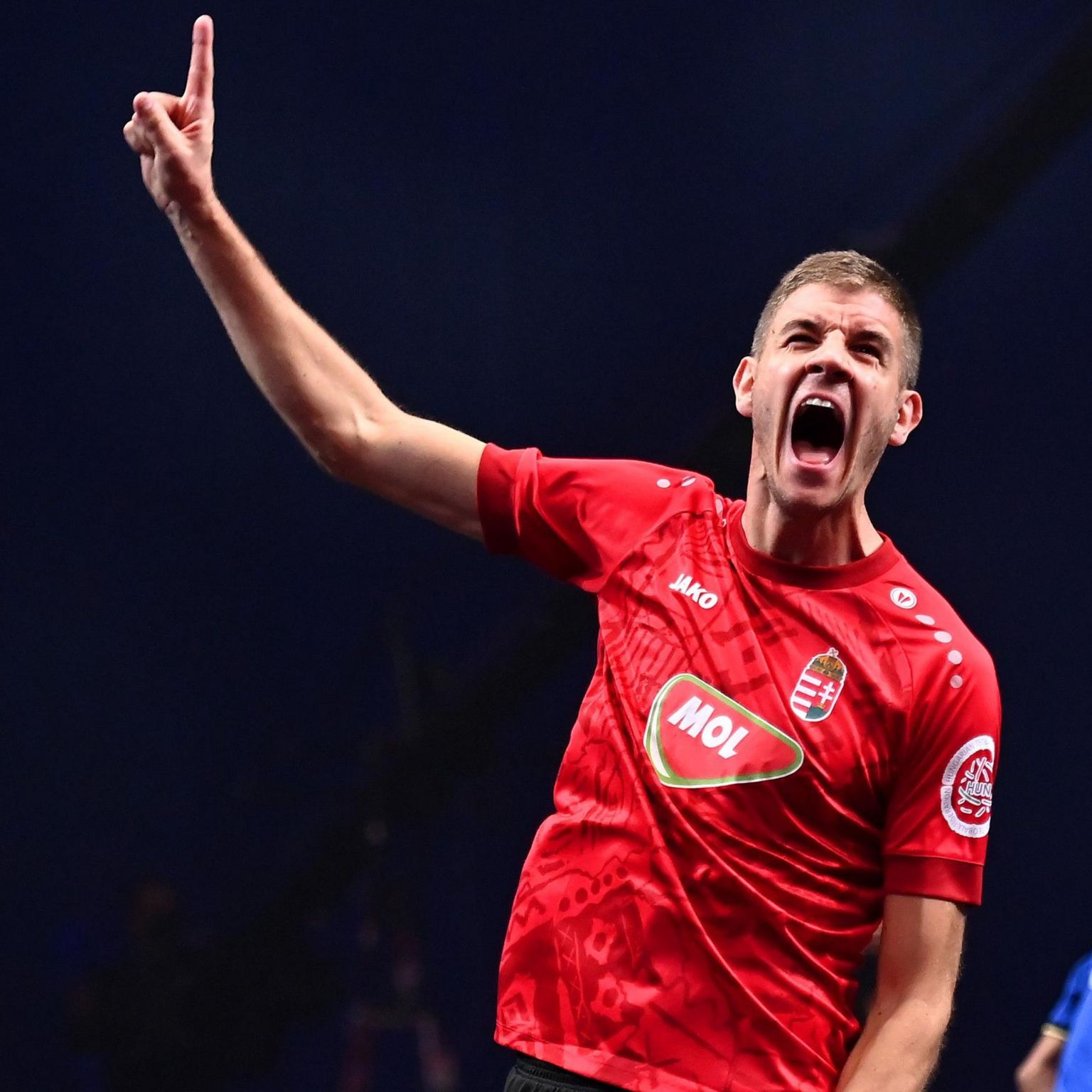
There’s no time to lose for federations to stake their claim for the 2032 Games in Brisbane. The IOC will confirm its core programme next year, two years before the Brisbane Olympic Committee can request additional events.
When asked what sports can do to strengthen their case to the IOC, McConnell offers some words of advice. “It’s about continuing growth, continuing to reach out to new communities, and continuing to make their sport as accessible as possible. Both to play and participate in, but also to see and support as well.”
Having already met the recognition threshold, WFDF is in a strong position. The sport is enjoying fast growth in China before its appearance at the 2025 World Games in Chengdu. The Chinese Flying Disc Administrative Committee reported a TV audience of 1.6 billion for the new Chinese Ultimate League in 2023.
Rauch, now only a train journey away from the IOC’s headquarters in Lausanne, is quietly optimistic, especially as this year’s World Ultimate Championships take place in Australia’s Gold Coast. “We’re going to use that opportunity to get in front of the Brisbane Organising Committee and become part of the conversation,” he says.
He also has another reason to feel confident. “When a host city designates a discipline, they’re probably looking for a medal,” says Rauch, noting that the Australian ultimate team has won a medal at four of the past five World Games. “They have a strong programme, and that’s positive for us.”
Whether his sport will finally transform a pie tin into a gold medal remains to be seen. Either way, De Coubertin’s Olympic creed is just as relevant to those outside the five circles of trust: “The important thing in life is not the triumph, but the fight; the essential thing is not to have won, but to have fought well.”
For sports like ultimate, teqball and dodgeball, the fight goes on.
Related Topics
Services Marketplace – Listings, Bookings & Reviews
